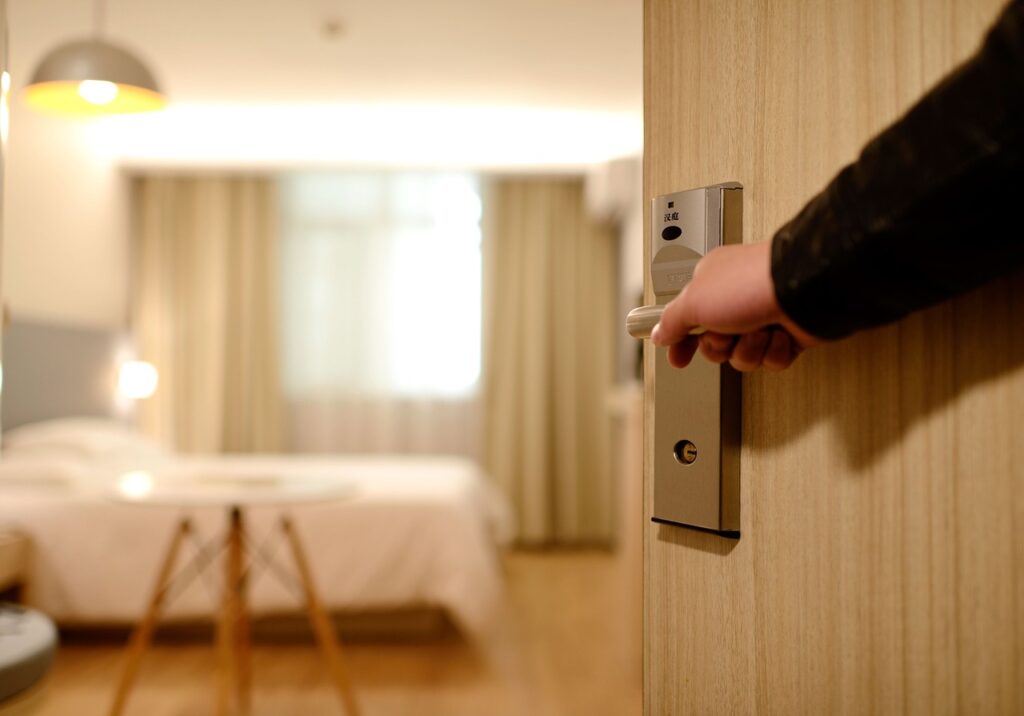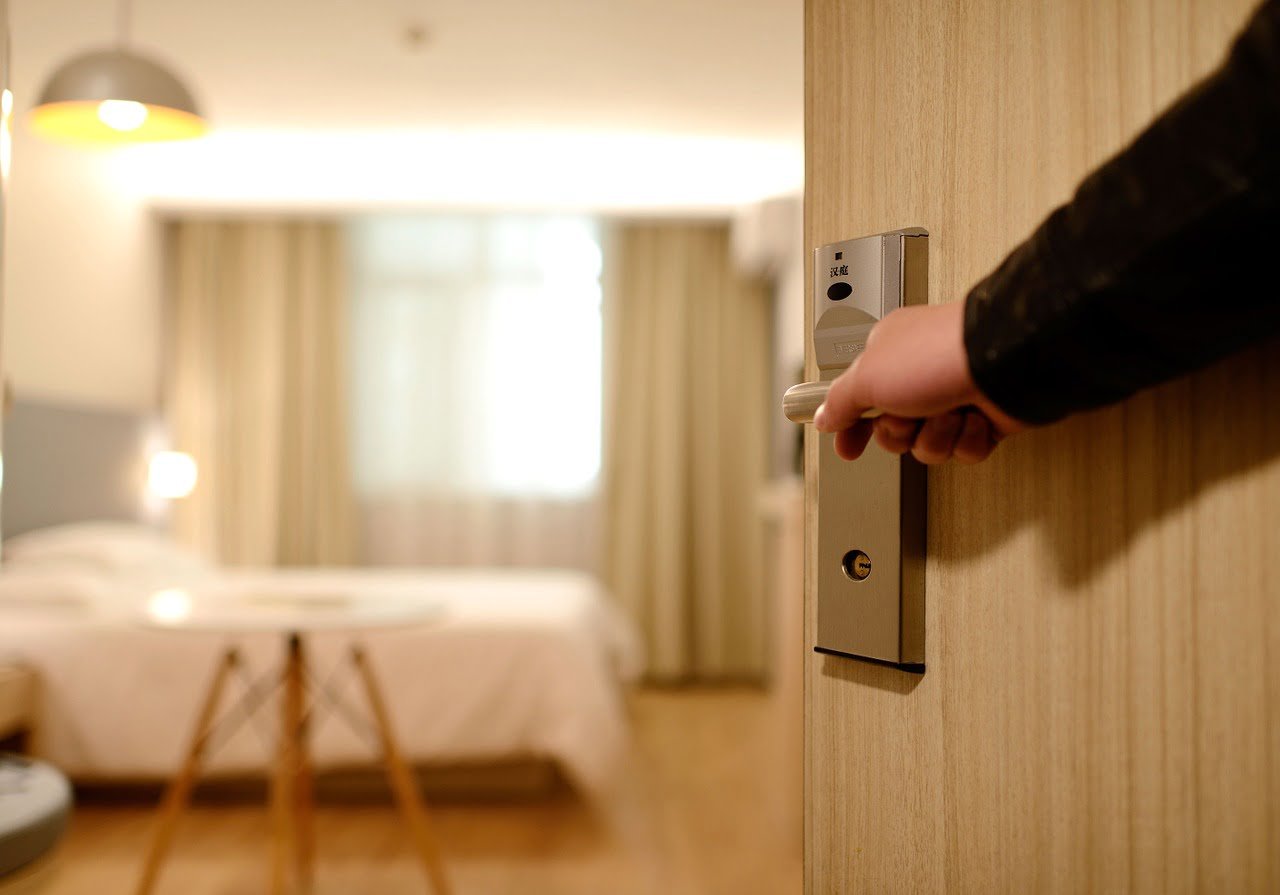
Technological advancements are changing various industries by introducing efficient methods of doing things. Smart technologies have gained popularity for their effectiveness in controlling home devices.
However, they have extensive applications in various industries. Its adoption in the hospitality industry is improving service delivery and customer experience. With customers’ reliance on smartphones, hotel owners need to provide quick services from the phones.
That’s where smart hotel technology comes in handy. The best part is restaurant owners also benefit from the technology. They enjoy improved efficiency in operations, reduced expenses, and higher profits. Here are seven hotel technology trends suggested by Holiday Inn Express Krabi Ao Nang Beach.
1. Smart Booking and Check-In
In today’s fast-paced world, customers want services at their fingertips. Luckily, the technology used in the hotel industry allows online hotel reservations. Therefore, customers do not have to call to book a room.
They use the app to browse the available rooms and book it. Besides, they can check in from their phones. Remote checking-in saves them the time of having to wait at the reception for their place to be ready.
The hotel management can also boost their experience by providing custom services for every guest. Self-check-out reduces reliance on the hotel reception for transport arrangements. Therefore, the guest can plan their trip without glitches.
2. Smart Parking
Parking can be challenging in big hotels. Having intelligent hotel technology allows guests to reserve a parking spot ahead of their arrival. That way, they will have an assigned place for their vehicle on arrival. It makes their stay seamless. Hotel management benefits from the reduced expenses of managing guest parking manually.
3. Smart Guest Experience
Smart technologies allow the collection of data, which can be used to improve the customers’ experience. You can use sensors to determine if the occupants need room service or do not want to be disturbed.
Gathering data ensure you tailor your services to the customers. Besides, the information is useful in planning and future improvement of services. Giving the guest a memorable experience, boost the reputation of the hotel.
4. Data Protection
Smart hotel technology is useful in aggregating data. With the amount of information gathered from the guests, analyzing the data can be challenging. However, the advancement in technology makes it possible to process the data and make it actionable. The information is vital for planning and improving the customer experience.
5. Room Service
Gone are the days when customers had to call the front desk to request a menu, then call again to order. It was a time-consuming and frustrating process. Nowadays, customers can check out the menu and order food and drinks from the hotel app.
Most hotels have incorporated real-time menu updates so that customers get accurate information on what is available. Guests can also request other services from the apps.
6. Smart Room Keys
Did you know that nowadays you could access your hotel room without a keycard? With a smartphone app, you can open and lock your room for the duration of your stay. Customers don’t need to carry around a keycard, and the hotel will have achieved its sustainability goals.
7. Smart Energy Management
Smart energy technologies monitor the real-time consumption of energy by controlling the heating and AC systems. It regulates the internal heat depending on the weather and the guest’s preference. The sensors can help reduce costs by monitoring the use of heat control depending on the occupancy. With technology, hotels can cut costs significantly.
Hotel management needs to utilize smart hotel technology. It will put them ahead of the competition and give the guest a memorable stay.
Read also about Hotel Room Booking App




Leave a Reply